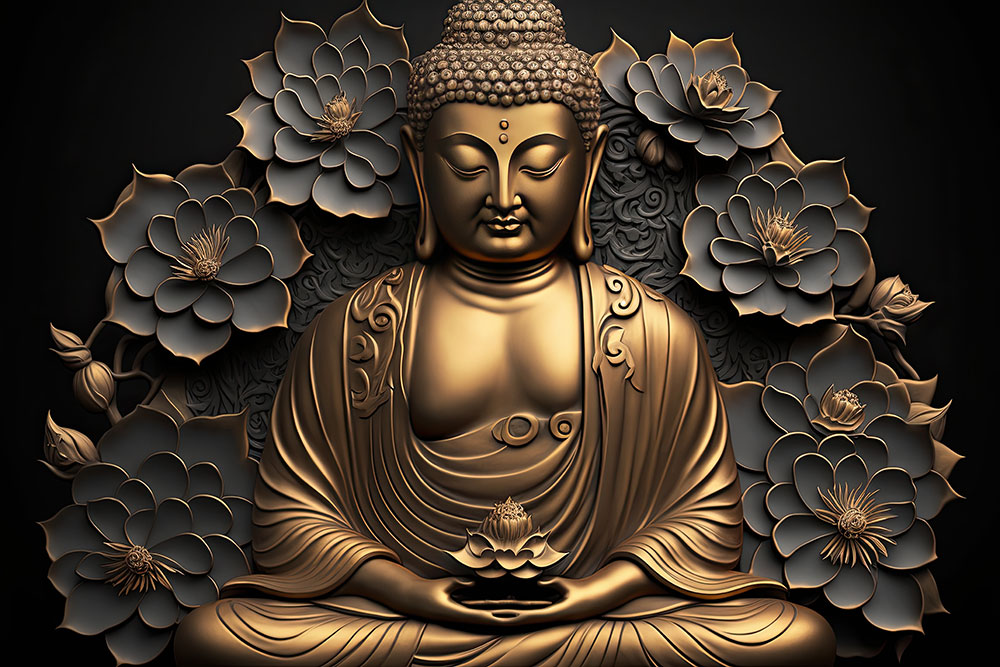The Buddha encouraged us to be curious about the self. He wisely suggested that it exists but not in the way we imagine. While having selfhood is something to celebrate, even when our circumstances are painful or arduous, equally we need to notice that selfhood is always dynamic, always changing with our changing circumstances. Holding on to any fixed notion of who we are is likely to cause suffering.
Contemporary psychotherapeutic perspectives, in contrast, encourage curiosity about our unique personhood. Through this lens, we zoom in close to notice the specificity of what we’ve lived through, how each moment and relationship has created the mosaic of selfhood. Some experiences help us generate self-esteem, and the ability to care about oneself, while others may cause haunting doubts and fears, even about the validity of one’s very existence.
Taken in tandem, these perspectives offer room to get to know ourselves better, appreciating the ethics of nurturing more awareness of who authentically are, while also offering the opportunity to not hold too tightly to whatever we find. Life will change the self. Who hasn’t been changed by recent years? By aging? Loving and losing those we cherish? Feeling seen after being invisible, or abandoned after having felt securely loved?
The challenge is to stay curious about who we are, knowing that having a self offers the precious opportunity to show up with compassion, intelligence, and integrity. And while doing so, knowing that this is a life-long endeavor replete with worthwhile challenges to be a self who can recognize and support the self-hood of all beings, without exception.
What Does It Mean to Have a Self?
